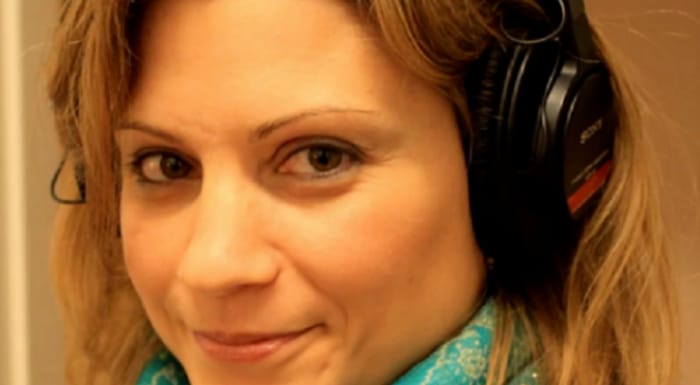
On Monday, a former MSNBC producer wrote an open letter explaining why she left the leftist cable outlet last week, slamming them as a “cancer” that is “stoking national division” by amplifying “fringe voices” and forcing “journalists to make bad decisions on a daily basis.”
The letter’s author, Ariana Pekary, described herself as an “integral member” of MSNBC’s “The Last Word with Lawrence O’Donnell.”
Some personal news: why I'm now leaving MSNBC
It's not the optimal time for change but the time doesn't feel optional, anymore.https://t.co/HbZo0weiUs
— Ariana Pekary (@arianapekary) August 3, 2020
RELATED: CBS News’ Lara Logan Blasts ‘Liberal’ Media, Calls Her Admission ‘Professional Suicide’
‘We are a cancer and there is no cure’
“July 24th was my last day at MSNBC,” Pekary wrote. “I don’t know what I’m going to do next exactly but I simply couldn’t stay there anymore.”
“My colleagues are very smart people with good intentions,” she said. “The problem is the job itself. It forces skilled journalists to make bad decisions on a daily basis.”
Pekary claimed that it was “practically baked in to the editorial process” at MSNBC that content decisions were almost exclusively what might get the most ratings and that privately “industry leaders will admit the damage that’s being done.”
She says a high profile TV veteran told her, “We are a cancer and there is no cure. But if you could find a cure, it would change the world.”
There is a lot of tea in Ariana Pekary departure memo. But the main takeaway is that the news media is making EXACTLY the same mistakes it made to get Trump elected the first time. Only it's not a "mistake," it's the way things are.https://t.co/KF3dIpmvYv
— Elie Mystal (@ElieNYC) August 4, 2020
Pekary said a senior producer told her ‘Our viewers don’t really consider us the news. They come to us for comfort’
“As it is, this cancer stokes national division, even in the middle of a civil rights crisis,” Pekary said. “The model blocks diversity of thought and content because the networks have incentive to amplify fringe voices and events, at the expense of others… all because it pumps up the ratings.”
“Context and factual data are often considered too cumbersome for the audience,” Pekary added. “There may be some truth to that (our education system really should improve the critical thinking skills of Americans) – but another hard truth is that it is the job of journalists to teach and inform, which means they might need to figure out a better way to do that.”
“They could contemplate more creative methods for captivating an audience. Just about anything would improve the current process, which can be pretty rudimentary (think basing today’s content on whatever rated well yesterday, or look to see what’s trending online today),” she wrote.
Pekary said that she has heard her co-workers “deny their role as journalists,” and said that a “senior producer” told her, “Our viewers don’t really consider us the news. They come to us for comfort.”
“Our viewers don’t really consider us the news. They come to us for comfort.” Note on leaving MSNBC by Ariana Pekary mirrors everything I said about the news business in Hate Inc. – it's now designed to "comfort" and retain audiences, not inform them https://t.co/ggl7pRg6HO
— Matt Taibbi (@mtaibbi) August 3, 2020
RELATED: Kayleigh McEnany Sets Chris Wallace Straight: ‘Journalists Are Not Above Being Questioned’
Pekary says she craves a ‘full and civil discourse’
“Through this pandemic and the surreal, alienating lockdown, I’ve witnessed many people question their lives and what they’re doing with their time on this planet,” Pekary wrote. “I reckon I’m one of those people, looking for greater meaning and truth.”
“As much as I love my life in New York City and really don’t want to leave, I feel fortunate to be able to return to Virginia in the near term to reconnect with family, friends, and a community of independent journalists,” she said. “I’m both nervous and excited about this change. Thanks to COVID-19, I’m learning to live with uncertainty.”
“More than ever, I’m craving a full and civil discourse,” Pekary concluded.
